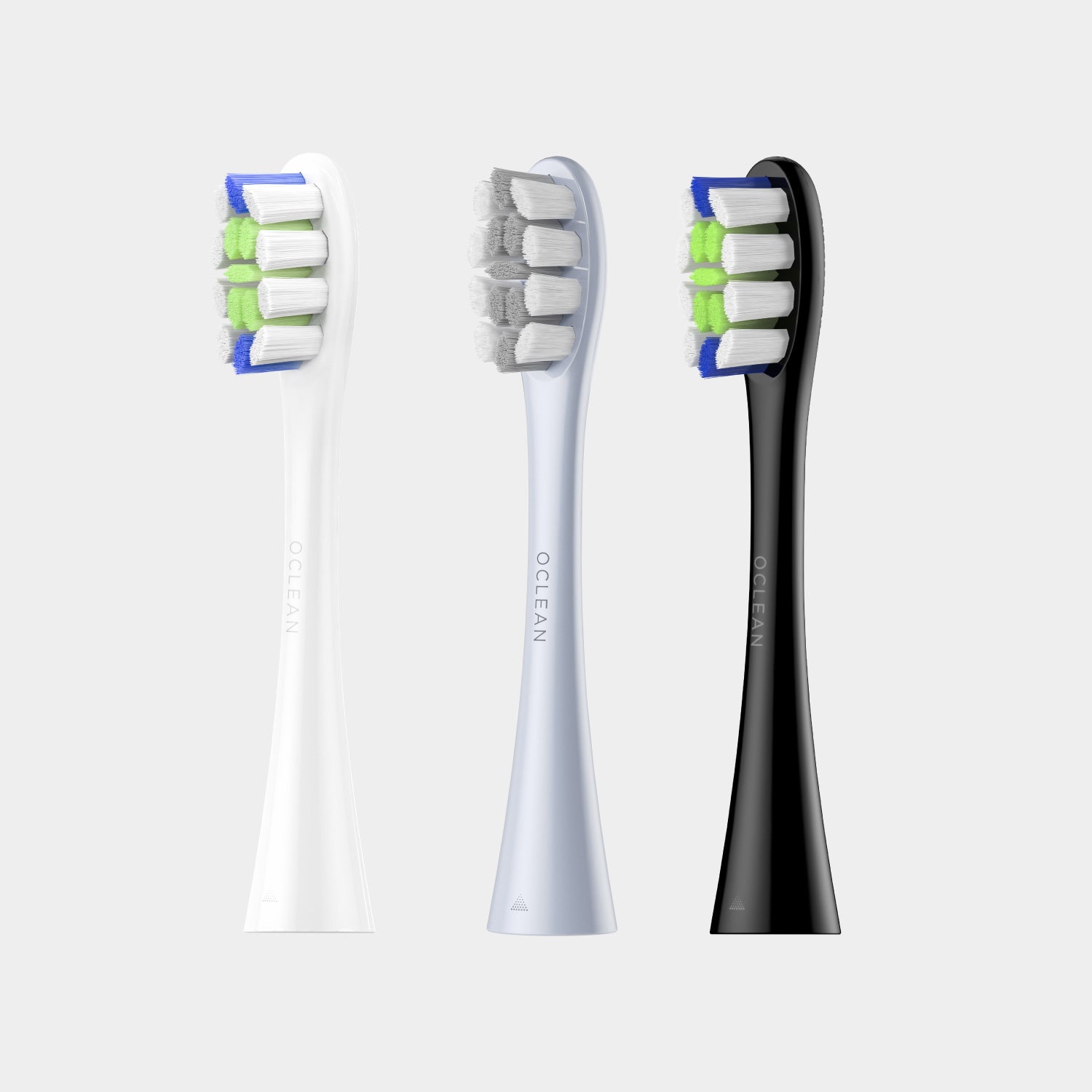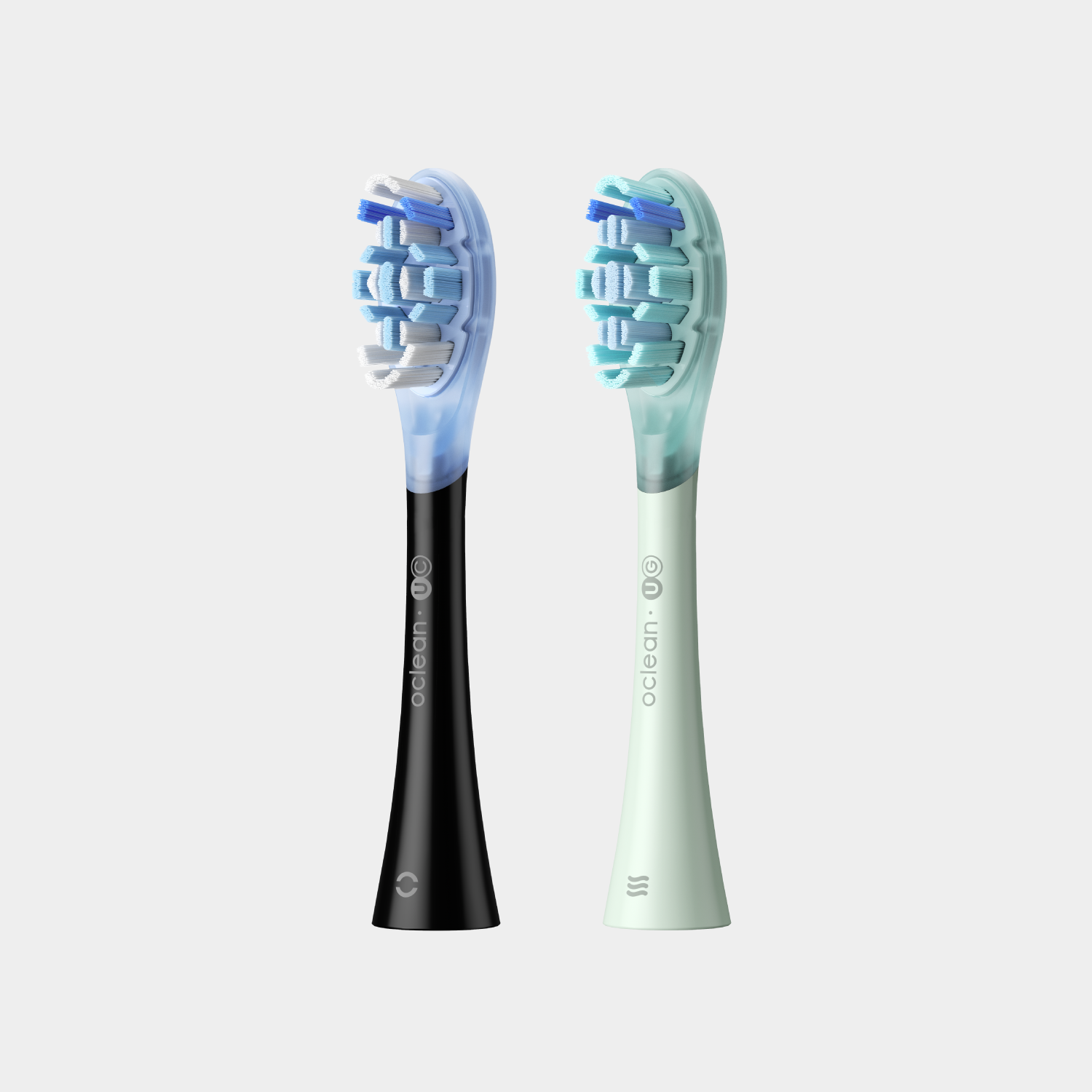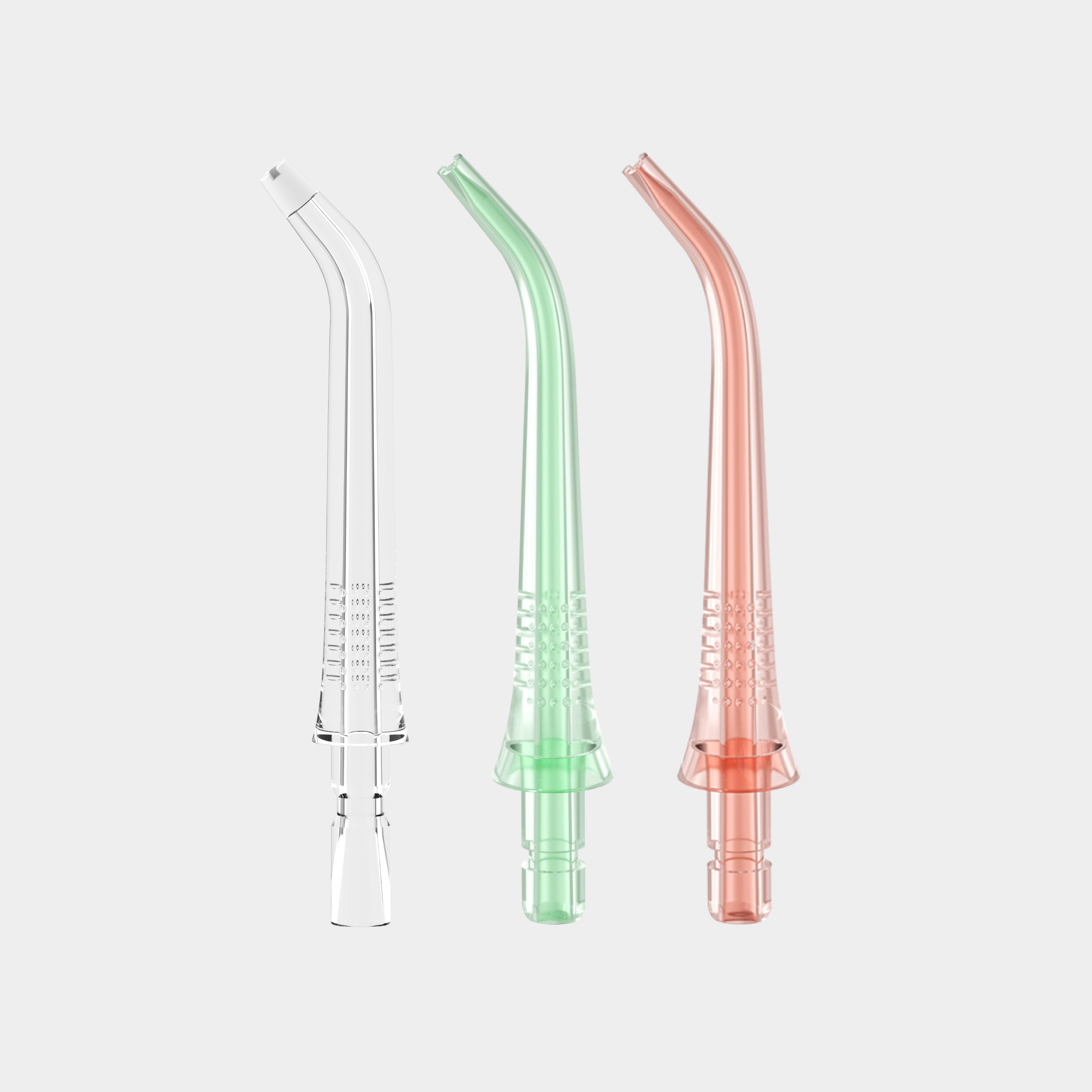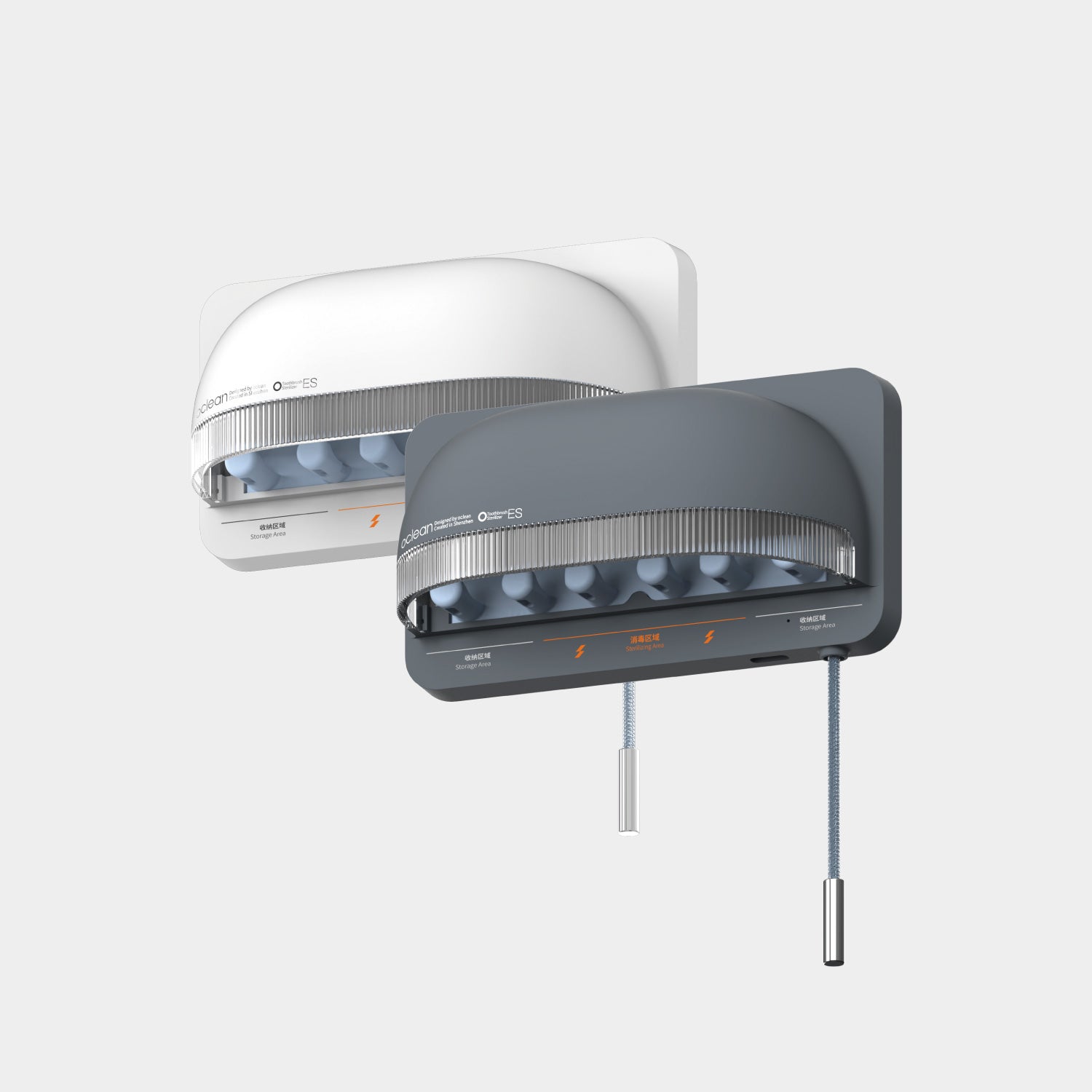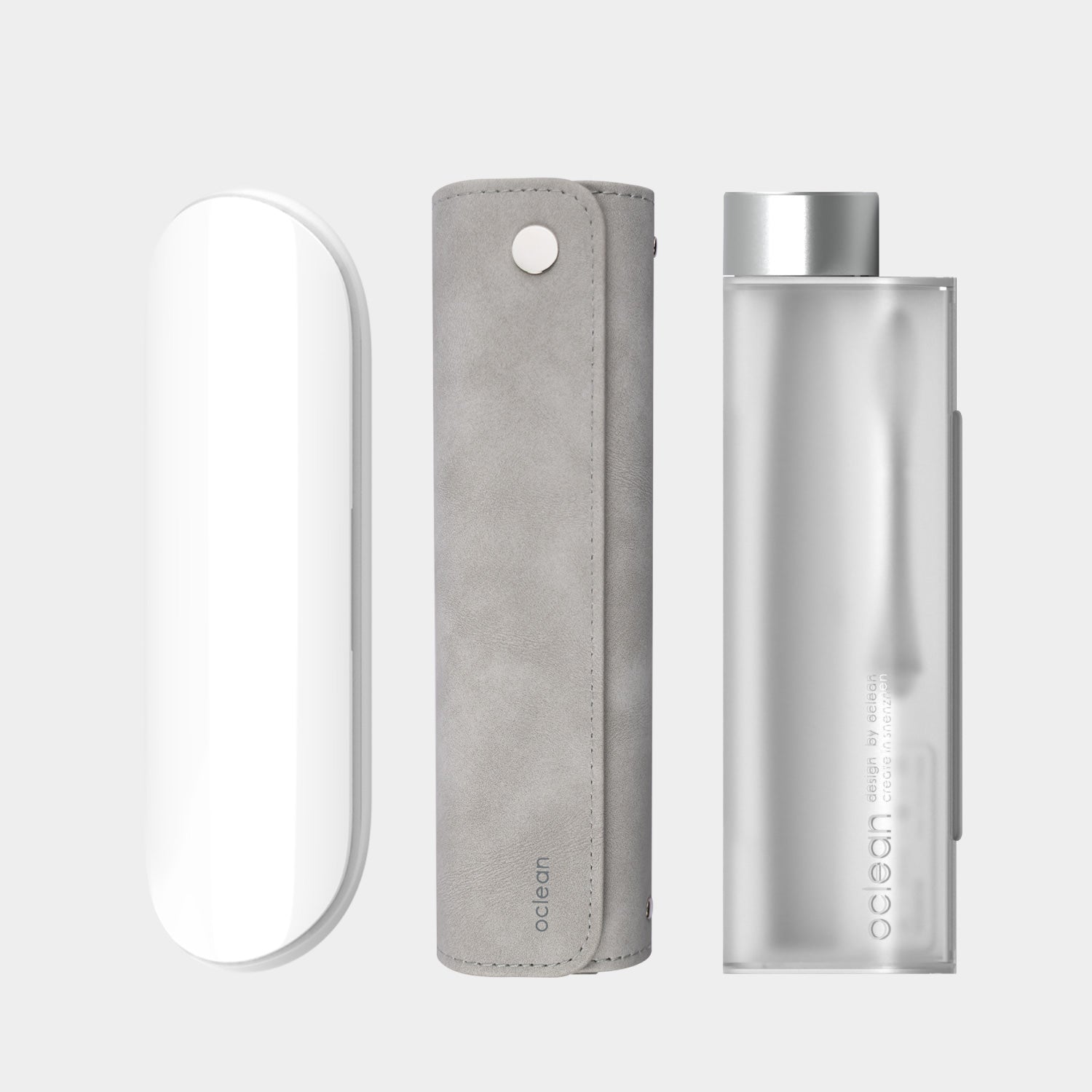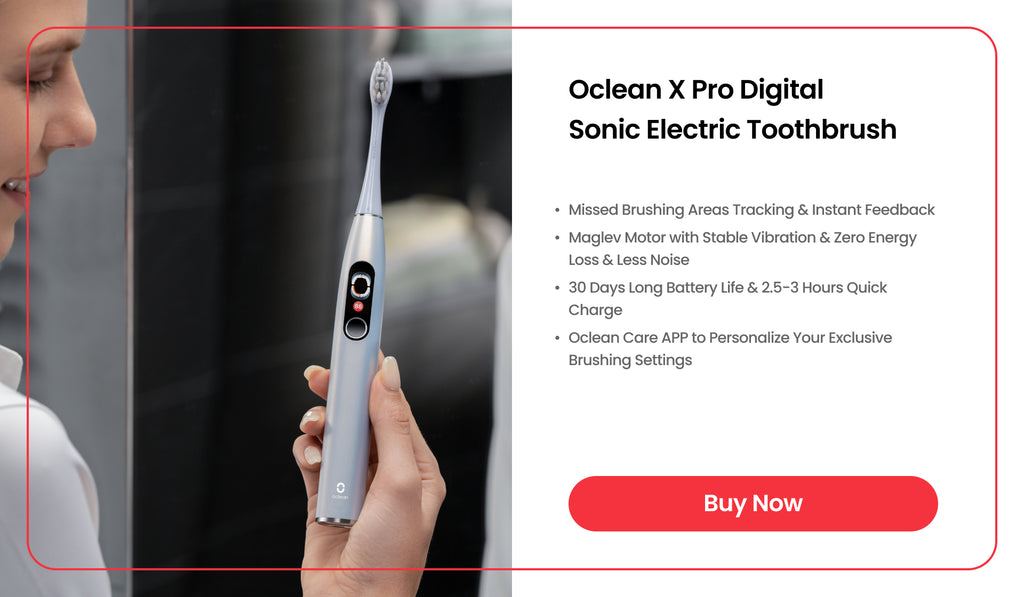Keeping the dentures clean and disinfected is essential to maintaining good oral hygiene. The mouth is covered in bacteria that can proliferate on your dentures without effort. Although these bacteria can't cause cavities on the acrylic teeth, they are perfectly capable of causing other diseases.
Furthermore, dentists usually recommend their patients soak their dentures overnight as it helps keep them clean.
Knowing this, people tend to ask frequent questions, such as "Can I soak my dentures in mouthwash overnight to clean them better?"
In this article, we'll talk about soaking your dentures in mouthwash overnight and other details you should know.
Can mouthwash damage dentures?
While mouthwash is an excellent element to help keep your mouth clean and free of harmful bacteria, it can damage your denture. Therefore, it is not recommended to soak your dentures in mouthwash overnight.
The reason why is that most mouthwashes contain alcohol and other elements in their formula. Although this provides them with antibacterial properties, it has a negative effect on dentures.
Dentures' acrylic is susceptible to these substances, as they can change their physical properties. Therefore, damaging the acrylic base.
What is best to soak dentures in overnight?
Different solutions can be used to soak your dentures. However, the best alternatives are clean water or a denture cleanser solution.
Mild denture cleansers are a great alternative since they offer special protection by helping reduce the number of bacteria and fungi. Therefore, helping prevent diseases. However, it is vital to follow the usage instructions of the denture cleanser solution.
Dentists recommend removing the dentures at night and soaking them in a liquid to help keep them clean. Moreover, keeping them moist prevents them from suffering shape modifications that could occur due to drying out. Although these changes are minuscule, they can make the denture uncomfortable to wear.
How long can you leave dentures soaking?
The time is determined by the liquid or solution you decide to use.
Water is totally safe and can be used to soak the dentures overnight without a problem.
Denture cleansers usually come with instructions about their usage and the amount of time a denture can be soaked.
Some cleansers are too strong. As a result, manufacturers advise the users not to soak the dentures for prolonged periods. In these cases, it is possible to wash the denture for the time recommended by the product and then move it to a water container to be left overnight.
Lastly, if you use a product with sodium hypochlorite, it is highly advised not to soak the denture for more than 10 minutes. The chemical properties of sodium hypochlorite can damage the denture.
While mouthwash might seem like a great solution to soak dentures overnight and keep them clean, it can damage the acrylic base and cause more harm than good. Therefore, the best options to soak the denture are clean water and denture cleansers. However, following the product instructions is essential when using a cleanser to prevent damage.
Conclusion
In conclusion, it is essential to prioritize proper denture care and maintenance to ensure optimal oral hygiene and avoid complications. While mouthwash may seem like an appealing option for soaking dentures overnight, it is crucial to understand that its alcohol content and other ingredients can damage the acrylic base of the dentures. Instead, opting for clean water or denture cleansers is a safer and more effective choice for maintaining the cleanliness and longevity of your dentures.
Always follow the manufacturer's instructions when using denture cleansers, and be cautious not to soak the dentures for prolonged periods if the cleanser is too strong or contains sodium hypochlorite. Removing dentures at night and keeping them moist by soaking them in the appropriate solution not only helps to keep them clean but also prevents potential shape modifications that could lead to discomfort while wearing them.
Moreover, maintaining good oral hygiene practices is essential for those who wear dentures, and using a high-quality sonic electric toothbrush like Oclean can significantly contribute to better oral health. Oclean offers a range of advanced sonic electric toothbrushes that are designed to effectively clean your teeth, gums, and hard-to-reach areas of your mouth. Visit the Oclean website to explore their product offerings and find the perfect toothbrush for your needs.
Proper denture care is crucial for maintaining good oral health and ensuring a comfortable fit. Avoid soaking dentures in mouthwash overnight, and instead, use clean water or specialized denture cleansers for the best results. By taking these steps and incorporating an Oclean sonic electric toothbrush into your oral care routine, you can keep your dentures in excellent condition and continue enjoying a healthy, beautiful smile.
*Cover image from freepik@atlascompany, we will delete it if constitutes infringement *
Related Readings:
Can You Bring an Electric Toothbrush on a Plane
How Many Calories Are in Toothpaste
What Happens if You Swallow Toothpaste
Are Charcoal Toothbrushes Safe






















































